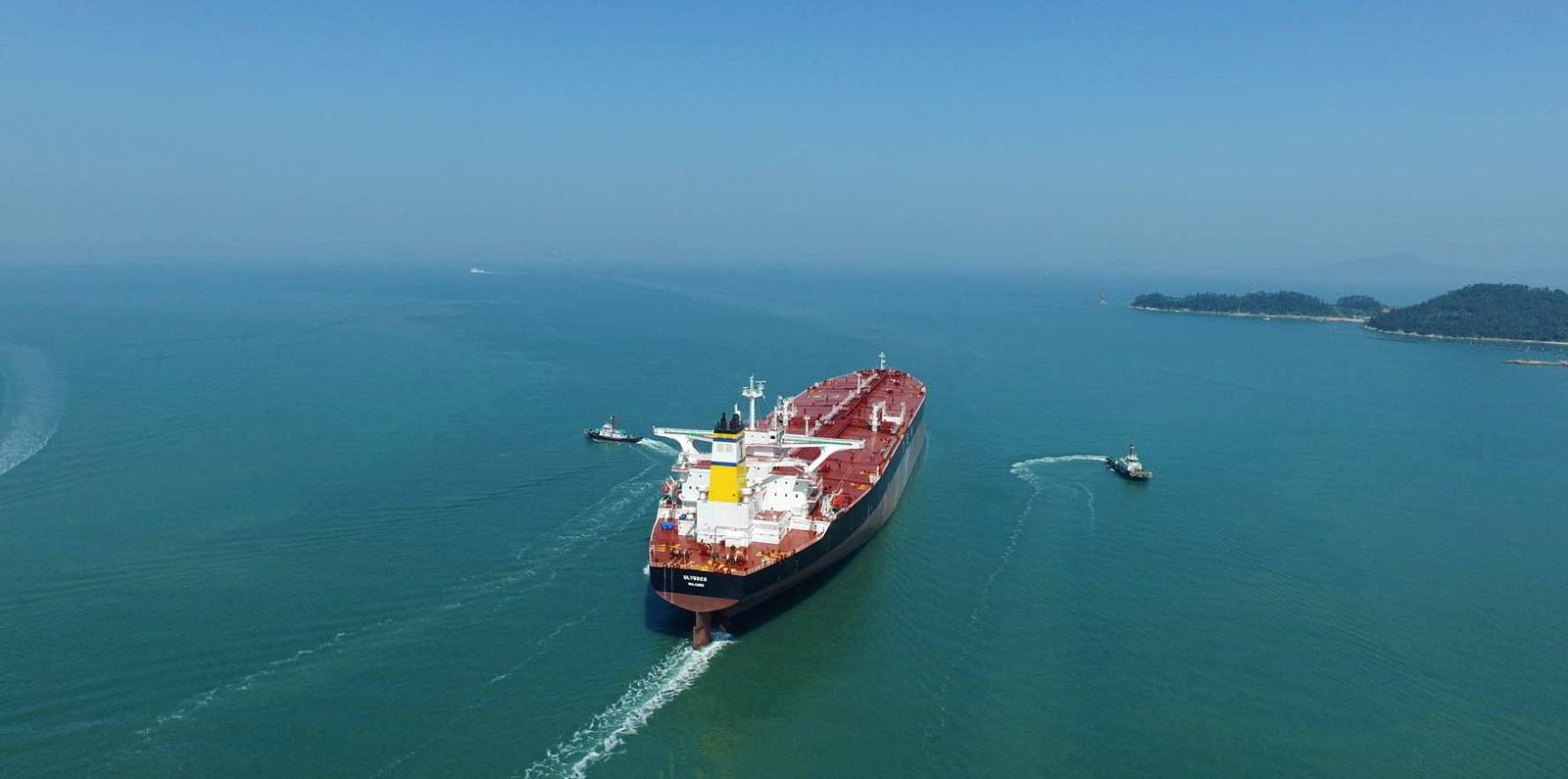Greek tanker company Tsakos Energy Navigation (TEN) is preparing to sell some of its oldest 60-plus tankers as it awaits delivery of four LNG dual-fuel aframax newbuildings.
The Nikolas Tsakos-led company revealed on Thursday it is even “exploring additional opportunities for similar technology” newbuildings with a view to achieving a fully “green” fleet by 2030.
TEN aims to have “the vast majority, if not all” its vessels on modern propulsion fuels, whether LNG or alternatives, Tsakos told analysts in a conference call after releasing fourth-quarter earnings.
Tsakos, who used to order newbuildings on the back of long-term employment with major oil companies, revealed that TEN has received offers from two oil majors to finance and build at least 10 tankers in long-term contracts lasting between seven and 15 years.
Tsakos compared TEN’s green fleet target with the company’s early days 20 years ago, when it set itself and achieved a goal to have a fully double-hull fleet before it listed on the NYSE.
Newbuildings will go hand in hand with offering “a number of [its] first-generation vessels” as sale candidates, TEN said.
“Management actively monitors the sale-and-purchase market as asset prices are on the rise and is prepared to sell any of these vessels if and when the opportunity arises,” the company said.
TEN has already sold up to six ageing vessels since June last year. That came as it ordered in September its first dual-fuelled newbuilding contract for four firm and two optional aframaxes at Daehan Shipbuilding, in a deal worth $450m.
These moves came despite what the company called “the worst tanker market in recent memory” that saw TEN rack up a reported net loss of $151.4m in 2021 from a $24m profit the previous year.
End of the tunnel
TEN incurred most of the loss in the fourth quarter, in which the deficit widened to $102m from $30.1m in the same period of 2020.
The biggest part of the fourth-quarter loss reflected $86.4m in non-cash vessel impairment charges.
“Excluding the impairment charges, this is one of the best quarterly performances of the past year, indicating the possible beginning of a turnaround,” TEN said on Thursday.
Market firmness was “already in evidence”, the company said. The newbuilding orderbook remains low and trade routes are becoming longer as US oil exports increase in the wake of buyers shunning Russian oil.
Management told analysts on the conference call that nearly 30 of the company’s tankers are currently in the spot market, enjoying the best rates in the industry since 2008.
On 9 March, TEN said it had secured two years of work for a pair of panamax tankers. The unnamed vessels have had charters extended by a “leading South American oil concern”.
The deals will generate minimum gross revenues of about $25m over the duration of the respective contracts. This equates to $18,600 per day for each tanker.
The company expects the move away from Russian natural gas to benefit its small fleet of three LNG carriers.
As a result, TEN maintained its dividend policy of a semi-annual payout of $0.10 per common stock.
“Hopefully we can have an increased dividend in the second half,” Tsakos said.
The company says it has paid out $500m in uninterrupted dividends since listing on the NYSE 20 years ago.
((This article was updated since original publication to include comments made to analysts))



